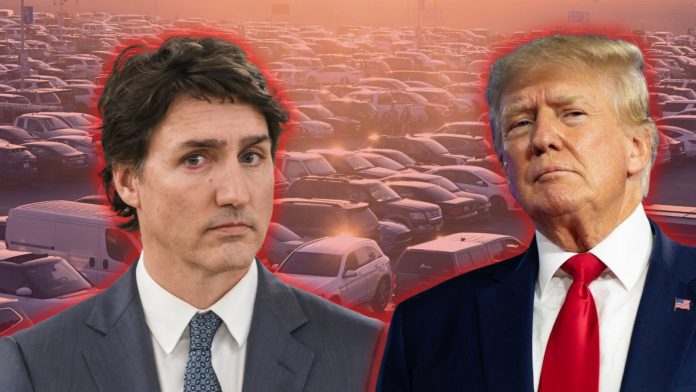Canadian Prime Minister Justin Trudeau officially announced his resignation after nearly a decade in power on January 6, 2025, bringing nearly a decade of leadership to a sudden end. At the same time, he chose to prorogue Parliament until mid-March, a move that presents significant challenges for Canada’s automotive industry.
The announcement comes just two weeks before President-elect Donald Trump assumes office and implements a stiff 25% tariff on all Canadian imports. These looming tariff threats have heightened concerns for the Canadian automotive sector, which heavily relies on cross-border trade with the United States. Approximately 80% of vehicles assembled in Canada are exported to the U.S., making the tariff threat a pressing issue for automakers.
In addition, implementing these tariffs could add thousands of dollars to vehicle prices in the U.S., further worsening the affordability crisis and threatening the market’s stability.
Several key players in the global automotive industry, such as The Detroit Three, Honda, and Toyota, operate manufacturing plants in Canada and rely on stable trade relations with the U.S.
Proroguing Parliament halts legislative activities and committee work, reducing the available tools for lobbyists and policymakers to respond to such challenges. However, the executive brands, including Canadian cabinet members, can still engage and negotiate with the incoming Trump administration and continue working in foreign affairs.
Despite these assurances, the decision to shutter Parliament has drawn mixed reactions from industry leaders. The timing exacerbates Canada’s uncertainty about navigating the impending economic challenges. However, others view it as a necessary sacrifice to stabilize the government during a period of internal political upheaval.
While Trudeau’s decision complicates matters, Canadian officials remain committed to protecting the nation’s economic interests. As negotiations with the incoming U.S. administration begin, industry stakeholders will be watching closely to see how Canada’s government balances this transitional period with the pressing need to mitigate the impact of Trump’s tariffs.



